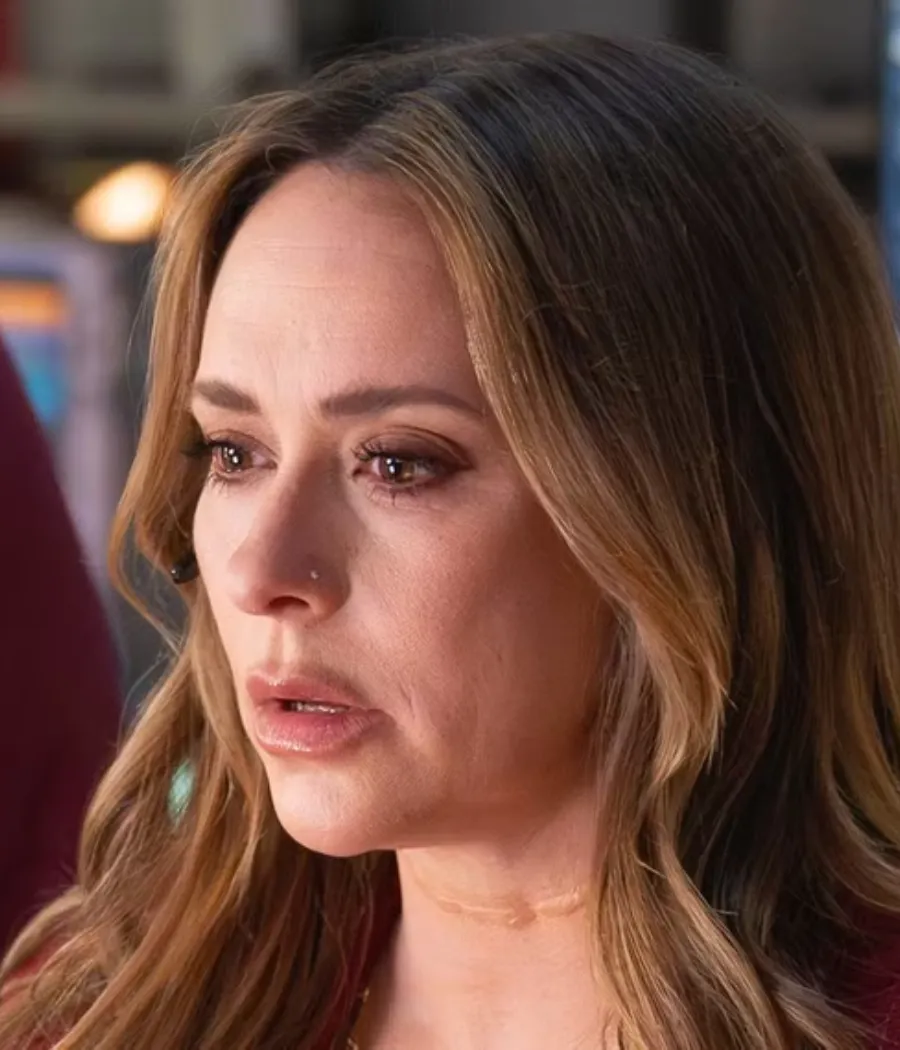By all accounts, The Last of Us has become one of HBO’s crown jewels. Its stunning performances, haunting worldbuilding, and faithful-yet-bold adaptation of the video game franchise have earned it a rare blend of critical acclaim and audience devotion. So why would anyone suggest ending the series after just three seasons? Because, narratively speaking, it might be the smartest move possible.
The Temptation to Go Bigger
When a series becomes a cultural juggernaut, the natural instinct is to keep it going. But for The Last of Us, overstaying its welcome would betray the very themes that made it resonate in the first place: loss, humanity, moral ambiguity, and the devastating consequences of love in a broken world. The creators, Craig Mazin and Neil Druckmann, have always maintained that the story was never meant to be infinite. It has a beginning, a middle, and a brutal end.
Ending the show with Season 3—presumably adapting the full arc of The Last of Us Part II—would keep the show tightly tethered to its source material while preserving the emotional power of the original story. But there’s a risk in that too: truncating character arcs, losing momentum, or failing to satisfy viewers expecting more.

Why Season 3 Feels Like the Right Place to End
According to interviews and fan speculation, Season 2 will only cover about half of Part II, with Season 3 wrapping up the rest. That pacing feels deliberate, giving proper weight to the dual narrative structure of Ellie and Abby’s intertwined fates.
If HBO allows the show to end on its own terms, without adding filler or stretching out the conflict, it could become one of the few adaptations in TV history that sticks the landing without sacrificing its soul. Just like Chernobyl, another Mazin creation, The Last of Us could embrace its limited-run power and leave behind a lasting legacy.
The Risk of Stopping Too Soon
That said, it’s not without danger. Fans of Joel and Ellie may feel robbed if their favorite characters don’t get more screen time. There’s also the possibility that the divisive reception of Part II in the gaming world could carry over to television, leading HBO to push for a redemption arc that softens the show’s darker turns.
But The Last of Us is not a series meant for comfort. It’s a story about impossible choices—and sometimes, the hardest choice is knowing when to say goodbye.
A Bold Ending for a Bold Story
If Season 3 does end the saga, it would cement The Last of Us as a prestige drama that didn’t flinch. It wouldn’t be about ratings or awards—it would be about artistic integrity. Ending on a high note, even a heartbreaking one, might just make this show immortal.
Because in the world of The Last of Us, endings aren’t always happy. But they can still be meaningful.
-1753426783-q80.webp)

-1755158292-q80.webp)
-1751247663-q80.webp)